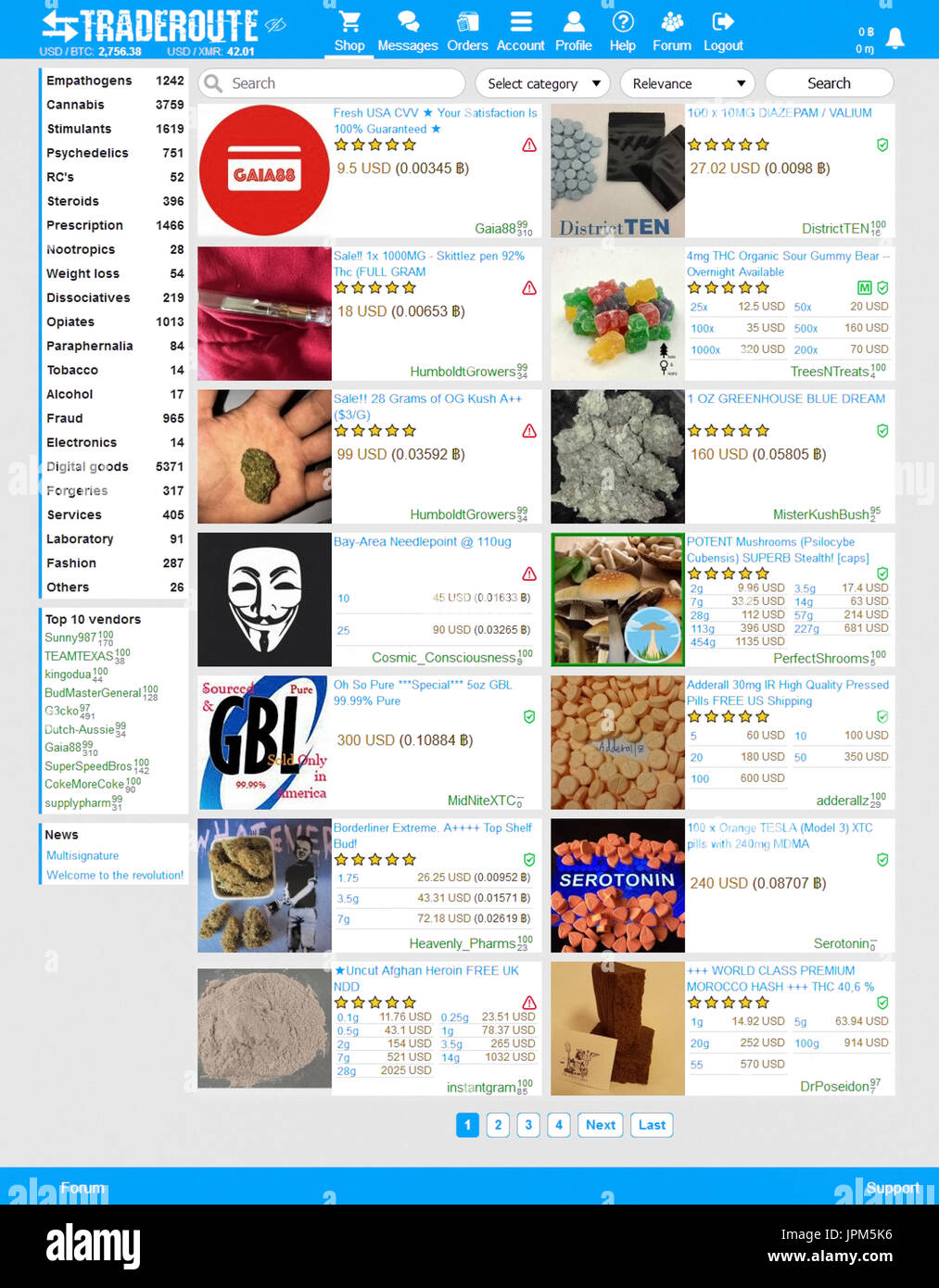Appealing Risks: The Mentality Behind Dark Web Acquisitions
Recently, the deep web has intrigued a broad audience, capturing attention not solely for its secrecy but also for the distinct shopping experiences it offers. Concealed beneath layers of security, the darknet hosts a variety of markets where goods and services, many of them illegal, can be procured and sold without the scrutiny of the mainstream internet. This mysterious realm often elicits feelings of both fear and fascination, encouraging individuals to investigate its depths with a blend of curiosity and apprehension.
The mental framework behind participating in dark web purchases goes above mere illegal aims. It appeals to fundamental human emotions, such as the rush of risk-taking and the allure of prohibited experiences. For many, the dark web represents a space where conventional societal norms are overturned, permitting users to venture into the unknown. Understanding the motivations that propel individuals to navigate these unexplored waters can shed light on larger themes of desire, values, and the human inclination for discovery.
Grasping the Dark Web
The Dark Web is a segment of the internet that is not listed by conventional search engines, making it elusive and often misinterpreted. It resides within the broader structure of the internet known as the underbelly of the internet, which includes all online content not indexed by search tools like Bing. Entering the Hidden Web typically necessitates specific programs, such as specialized browsers, that hides users and enables them to navigate its distinct environment. This anonymity attracts a variety of users, from those seeking privacy for valid reasons to people engaging in illegal activities.
Inside the Hidden Web, various platforms facilitate the trade of both legal and unlawful products and services. These platforms operate in a comparable way to typical online shopping platforms but utilize cryptocurrencies to improve privacy and safety for both customers and sellers. The character of these deals greatly affects the psychology of users. The thrill of engaging in clandestine activities can be enticing, providing an adrenaline rush that many find appealing. This psychological aspect plays a significant role in the decision-making mechanism for users venturing into these hidden markets.
The view of danger is a major component in Hidden Web interactions. Users are often conscious of the potential risks, including legal repercussions, scams, and exposure to dangerous materials. However, the temptation of obtaining forbidden goods, whether drugs, hacking tools, or illegally obtained information, overshadows these risks for many. This complex interplay between want and risk drives the distinctive behavior of users frequenting hidden marketplaces, shaping their reasons and actions in a manner foreign to regular shopping experiences.
Mental Motivations for Dark Web Acquisitions
The allure of the deep web often originates from the excitement of participating in risky behavior. For many individuals, buying items from deep web stores is an adventure that goes beyond the mundane realities of daily life. This sense of excitement can be invigorating and satisfying, as users experience a departure from traditional societal norms. The adrenaline of moving through concealed platforms and evading potential consequences can become a major drive, driving individuals to investigate what lies beyond the surface of the internet.
Another key factor at work is the need for anonymity. The dark web presents an environment where users feel they can function without being tracked or judged by others. This feeling of secrecy can cultivate a sense of liberty that encourages individuals to seek out forbidden items or services without the worry of social repercussions. darknet market links The anonymity afforded by the dark web appeals to those who may want to break free from the limitations imposed by societal expectations, enabling them to express desires and preferences that they would otherwise hide.
Lastly, curiosity and the excitement of the unknown often play a vital part in deep web acquisitions. The mystique surrounding the deep web enthralls many individuals, prompting them to delve deeper into its content. This curiosity can overshadow concerns about lawfulness and ethics, as individuals become increasingly enthralled by the variety of items available, from illegal drugs to cyber services. This exploration into uncharted areas can create a feeling of control, further fueling the urge to engage with deep web markets.
The Ethical Ethics of Darknet Interactions


Engaging in transactions on the dark net often brings up serious moral dilemmas. Individuals operate within a environment that is mostly unregulated, leading to an environment where illicit actions flourish. The morality of buying illicit products or services can be discussed from different perspectives, but the act itself contributes to a complicated network of crime and abuse. A number of participants justify their behavior by highlighting self-determination and decision-making, but this disregards the broader social consequences of their actions.
The results of dark web transactions extend far beyond moral questions. These deals can unknowingly bolster networks of illegality, including trafficking of humans, drug trafficking, and internet crime. The concealment that the dark net provides can encourage users to engage in unethical behavior, often without recognizing the human cost involved in such activities. As the thirst for illegal goods persists, so too does the spiral of damage it creates within environments impacted by illicit behaviors.
In addition to moral concerns, the legal ramifications of engaging in dark net commerce are serious. Police forces are increasingly skilled at monitoring transactions and identifying participants, leading to arrests and significant legal consequences. Individuals who take part in these markets may face not only charges but also individual repercussions such as damage to reputation and faith. Grasping these hazards highlights the necessity of reflecting on both the ethical and legal implications of dark net interactions before getting involved.